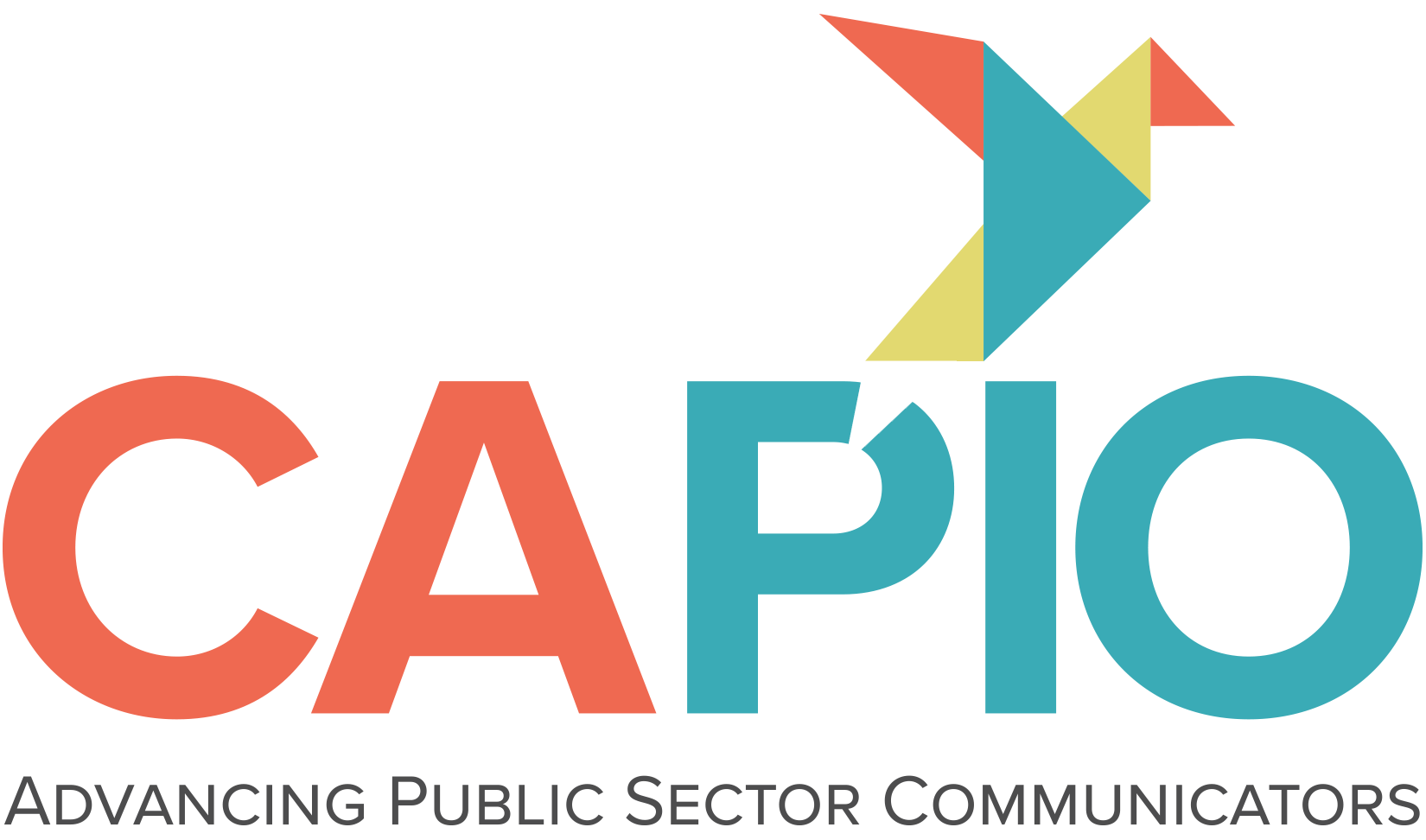Social Media Policy Considerations for Government Agencies
Feature Article by Diamond Sponsor PageFreezer
The public information landscape has changed incredibly over the last few years. Whether simply engaging with constituents on a day-to-day basis or planning for an emergency, social media forms an important part of just about every communication strategy.
But while the benefits of social media to public information officials is undeniable, it also introduces certain challenges. To engage in social media activity is to open the door to countless rapid two-way conversations that are all governed by the same rules and regulations as other forms of official government communication.
With this in mind, it’s essential that public information officials put a comprehensive social media policy in place that governs the use of all platforms. Here are six important things to consider when crafting a social media policy:
What Is Acceptable Use?
Although it’s impossible to anticipate every form of content that will be shared on social media channels, it’s necessary to offer a broad explanation of the sort of content that is acceptable. For instance, a policy should emphasize that employees are not be allowed to make partisan political statements, promote commercial endeavors, or share confidential information.
What Is Acceptable Conduct?
A policy should outline unacceptable conduct and the steps that will be taken in the case of a violation. For example, it should state that employees are not allowed to use profanity and that they can’t share graphic content. Failure to do so would result in a loss of the privilege to participate in official social media activities.
What About Personal Accounts?
A social media policy should address the issue of personal accounts. Although it’s unlikely that an organization would try to prevent its people from using social media platforms in a personal capacity, the policy should state that employees may not use personal accounts to conduct official business or use official agency credentials (emails and passwords) to log into personal accounts. Employees should also be encouraged to make their role within the organization clear when choosing to respond to official organization statements/posts on social media channels, and place a disclaimer in their user bios that emphasize the fact that all opinions are strictly their own.
Who Approves a New Official Account?
Although multiple members of an agency or department might be allowed to post to social media channels, the approval and registration of new accounts should be more tightly controlled. The policy should indicate which individuals in the organization are allowed to authorize a new account, and what other employees need to do in order to get an account approved.
How Is Content Moderated?
A social media policy is not only for internal users. With this in mind, it should outline how the agency moderates third-party content like comments and replies posted by individuals outside the organization. For example, it should stipulate that any comments containing offensive language or violent threats will be removed.
How Can Records Be Accessed?
Like other forms of communication, posts, and comments on official government social media channels are governed by public records laws. This means that all account activity—including deletion of content—should be archived and made available upon request. The policy should explain how all content is archived, and how both internal and external users can access this archived data.
About PageFreezer
PageFreezer is a leading provider of website, social media and enterprise collaboration archiving and compliance solutions to a wide range of industries including finance, legal, telecom, retail, utilities, government, and post-secondary education. PageFreezer is a SaaS application that enables organizations of all sizes to permanently preserve their website and social media content in evidentiary quality and then access those archives and replay them as if they were still live. Uses for the archived data range from compliance with Open Records Laws and responding to public record requests, to litigation preparedness and evidence capture.


Comments
Post new comment